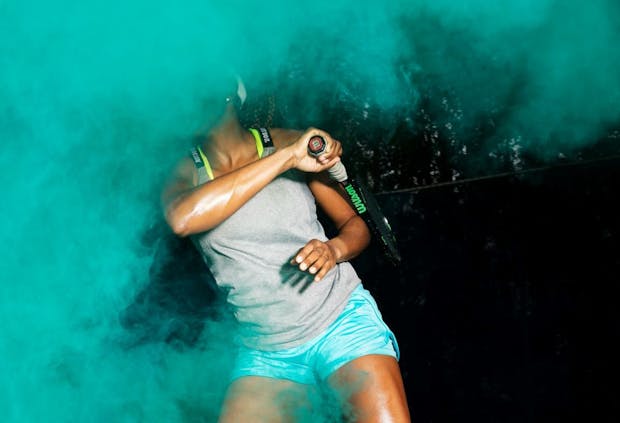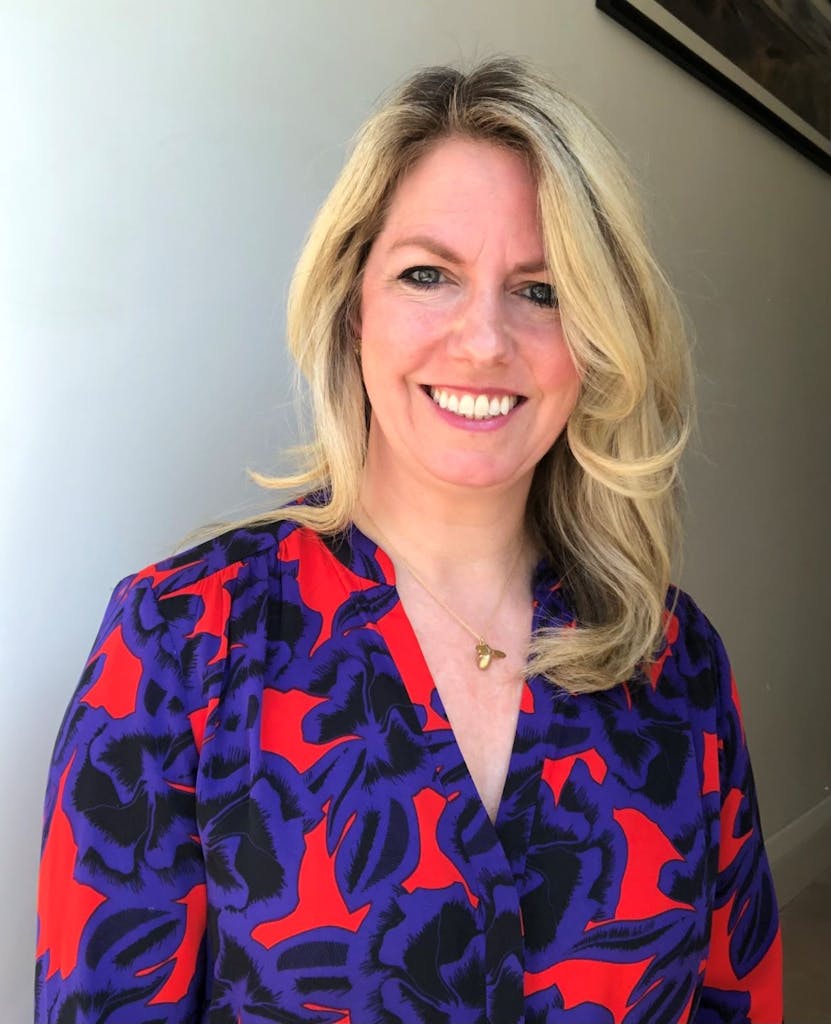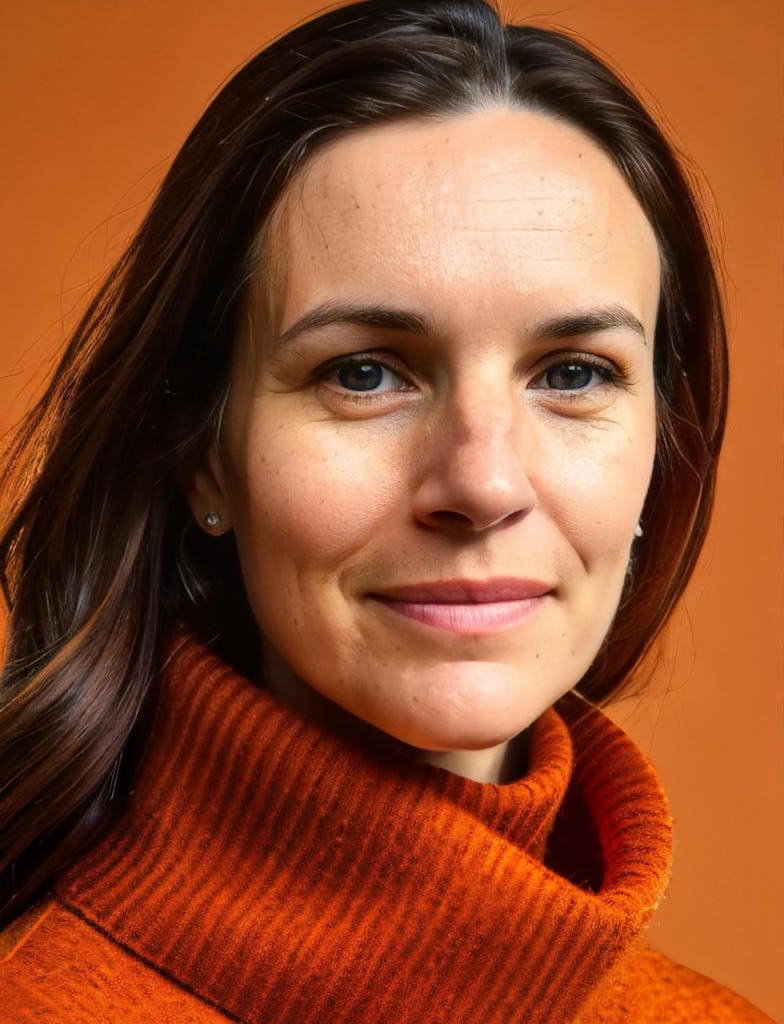
Google’s London headquarters will stage a two-day global conference with high-profile speakers from Europe, the Middle East, Asia and the US, across September 18-19 for RAISE Women’s Sport and Leadership.
The exclusive event will bring together decision-makers in sport to debate why women are underrepresented in sport leadership positions and discuss opportunities to develop more female leaders.
Ahead of the event, we spoke to World Rugby chief operating officer, Charlotte Samuelson, head of brand at Royal London, Julie-Ann Hall, and Helen Soulsby, managing director, global consulting at Elevate Talent, to get their take on leadership and what attendees can expect from the panel discussion.
Can you explain the significance of events like RAISE?

JAH: Events like RAISE are an important platform to bring passionate and empowered women together in a safe space to talk about the important and sometimes difficult issues in order to create positive change in women’s sport.
HS: Shining a spotlight on women’s sport and women in sport is essential in putting and keeping it front of mind. Momentum is building and events such as these are crucial to ensure the narrative continues to evolve. As well as the learnings and sharing of ideas and actions, networking across the broader eco-system is energising!
Have you noticed a shift in perceptions towards women holding leadership roles in sports?
JAH: I think there have been a few recent high-profile examples of senior females being successful and respected, like Sarina Wiegman, who are helping shift the narrative about very capable women achieving great things in sport.
HS: Perceptions have shifted slightly and intentions have shifted a little, but action hasn’t moved in line with this or at the pace needed. We need to see more change and move intention to reality.
In your opinion, what is crucial for increasing the presence of women in leadership positions within the sports industry?
JAH: I believe in the saying ‘lift others whilst you climb’ so if you get an opportunity, how can you then create space for other women to also occupy that space or be represented? We need to think about the collective good, not just our own progression and careers as that won’t raise the bar for all women.
HS: There is no silver bullet. At a very basic level it’s a consistent change in narrative and in language – how we (men and women) talk about women in leadership and how we celebrate that. At a broader level it is a significant re-frame on what great leadership entails and shifting attitudes on essential leadership behaviours and competencies – which are well researched and documented as being more prevalent in female leaders
Has your understanding of ‘leadership’ evolved throughout your career journey?

CS: I began my career in one of the Big 4 accountancy firms. It was a brilliant training ground. Leadership structures, however, was very much about the hierarchy, the food chain. Management was task driven, which is not uncommon in very large, matrix organisations. I have also worked in a company where what at first seems to be a service lift, is actually one that can only be used once you reach a certain seniority! I think that the best leaders are really facilitators. Leaders that empower colleagues to make decisions and help them find the tools to develop their careers, as opposed to spoon feeding tasks.
JAH: Yes, as I’ve progressed in my career I see the value of kindness and empathy more and how important that is as a leader. Although of course both men and women can be empathetic, I think women naturally bring a more empathetic leadership style which can benefit teams of both men and women.
HS: Absolutely and this relates to the above comments. Leadership in general has evolved. Specifically the ability for leaders to have the ability to tap into different parts of their leadership tool kit dependent on the context or situation and the importance of relating, connecting and authenticity.
Do you believe that women’s sports should be run by women?
CS: No, but with a heavy caveat! Diversity and inclusion is vital in all industries so it would be brilliant to see more diversity – of all types – across our industry and particularly in leadership roles. Therefore, it stands to reason that in the same way men’s sport should not just be run by men, the reverse is true. But we have some way to go to see gender equality in sports leadership, and women’s sport offers brilliant roles that are opportunities for talented women at all career stages, who may not have been successful (for all the wrong reasons) in securing positions elsewhere. We have built a brilliant all-female leadership team around Rugby World Cup 2025, all talented women who I hope will use the experience they gain to jump into leadership roles which serve sport as a whole.

JAH: Yes. Why not? Women are capable and understand the nuances better than men about what women need on and off the playing field to perform at their best. Would the same question be asked of men’s sports eg should men’s sports be run by men? How interesting would it be if men’s sports were run by women?
HS: I believe women are more likely to be more effective leaders of women’s sports; but all organisations benefit from diversity in their leadership and across their workforce as a whole and I would not want to see the argument reversed that mens sports should be run by men.
What changes are still necessary in the sports industry?
CS: I have been really surprised at how few people working in sport have come from outside the sector, and how small (and male) the perceived talent pool is. I am often used as an example of someone who demonstrates diversity not just in terms of gender but because my executive career before World Rugby was in financial services and consultancy. But the reality is I was an INed in Sport which is how I came to find myself being interviewed to be the COO at World Rugby! We can learn so much from other sectors – not least in terms of addressing gender inequality – but we need to look for talent more widely to help with this.
JAH: Diverse representation, funding, sponsorship, media coverage, salaried female athletes.
HS: Equity across funding, pay, media coverage, marketing dollars, opportunity and accessibility
What advice would you offer to women who are just beginning their careers in sports?
JAH: Don’t be afraid to ask for what you want, ask others for help, know your worth, work towards fulfilling your potential and of course, lift while you climb.
HS: The advice would be industry agnostic; be a problem solver not a problem starter, know your strengths and play to them and build your tribe – mentors & internal champions – male & female. Finally “Strong women build each other up, not tear each other down” – a rule to live by inside and outside of work!
Lastly, what aspect of RAISE are you most excited about and why?
CS: It is going to be fantastic to hear from such a wider range of people on such important topics, and to meet some brilliant people! Taking my professional hat off, I am really looking forward to hearing the session on why girls drop out of sport at double the rate of boys. I have two daughters and have watched my eldest drop out of her favourite sport, cricket, because 13+ girls’ sessions are held on a Friday night and she was missing out on her budding social life, as well as being tired from the full-on school week. The teen boys of course get the coveted Saturday morning run of the club.
JAH: I’m excited to hear the ideas exchange from the other panellists, and the audience, on what is working, what we need to do more of and how everyone can play a part in accelerating the success of more women in sport.
HS: I am looking forward to the dialogue and debate; the chance to engage and exchange ideas and actions with leaders and influencers across the broad women’s sport eco-system. Meeting new faces and respected trailblazers.